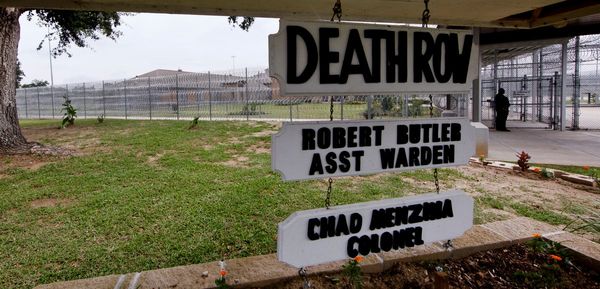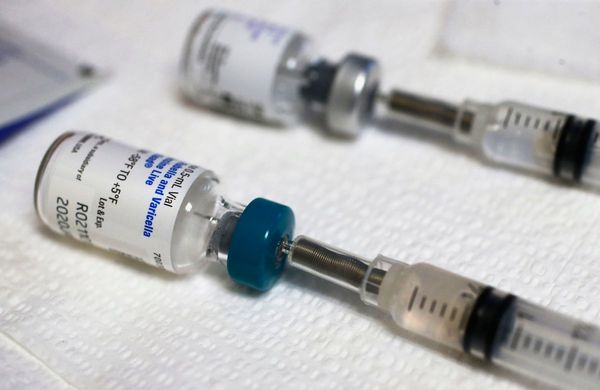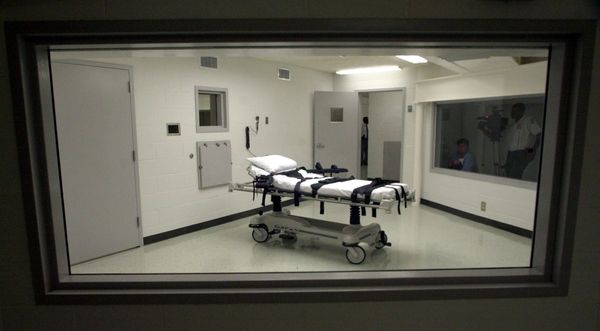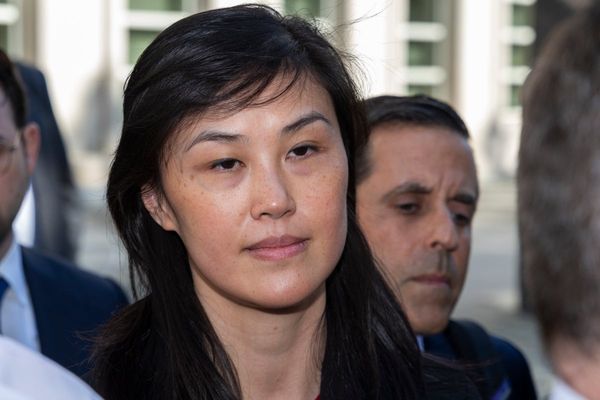
As a young lad, Uday Singh was known in Ferozepur, Punjab, for his wrestling prowess. In the monsoon of 1907, the recruiting party of the 14th Ferozepur Sikhs noticed Singh’s massive frame and persuaded him to join the army.
In 1914, Reginald Savory was 2nd Lieutenant with the 14th Ferozepur Sikhs, stationed at Peshawar in the north-west frontier. Singh first met Savory in January 1915 on their way to Karachi. The previous month, the regiment had received orders to proceed overseas. Uday Singh’s son, Harbans Singh Thandi, has documented the meeting of the two men in a book he wrote, ‘Saga of Devotion and Bravery: A Leaf from the Gallipoli Campaign 1915’.
“Savory sahib responded to my father’s salute saying ‘Thik hai’. My father replied ‘Thik hai’. Afterwards, whenever they met, they exchanged the same greeting.”
Watch: Remembering the Indians who fought in World War 1
In April, the 14th Sikhs reached the Gallipoli peninsula. During the Gallipoli Battle of 1915-16, more than 58,000 Allied soldiers died, including 29,000 British and Irish soldiers. In the opposite camp, 87,000 Ottoman Turkish troops perished.
According to Thandi, on June 4, 1915, Savory and Singh met on the battlefield. Savory left after discussing a few hand-to-hand fighting strategies with Singh. “My father became very concerned when Savory sahib did not return after a long time. His friends told him to leave Savory to his fate. But he didn’t listen to them and went searching for him,” says Thandi.
Also Read: ‘Indian soldiers fought World War 1 for the cause of peace’: PM Narendra Modi pays tributes
Singh discovered that Savory had passed out on the battlefield after being severely wounded. The Turkish soldiers had taken him for dead. Singh carried him on his shoulders to safety.
After a few days, Singh himself was struck by an acute attack of dysentery and evacuated to India. In 1917, he was demobilised, came back to the village in Patiala and took to farming.
The two men remained in touch through letters — the first letter was written by Savory to his mother explaining how Uday Singh had saved his life. Savory’s mother wrote to Singh and sent him a wristwatch.
“We have exchanged more than 100 letters since. General Savory wrote to my grandfather, father and me,” says Dr Charanjeet Kaur, Thandi’s daughter. “They never served the British. They fought because they were told that the country will be given freedom if we help them win the war,” she adds.
Also Read: The key theatres of World War 1 and the important battles
In 1934, Singh discovered that Savory had become a Lieutenant Colonel, and was posted at the Indian Military Academy, Dehradun. Singh immediately wrote to Savory and they met in Dehradun.
Uday Singh died in December 1947. His family assumed that it would be the end of Savory’s association with them. They were wrong. In 1968, when Savory was in India, he visited Singh’s grandchildren in Chandigarh.
First Published: Nov 11, 2018 10:38 IST







